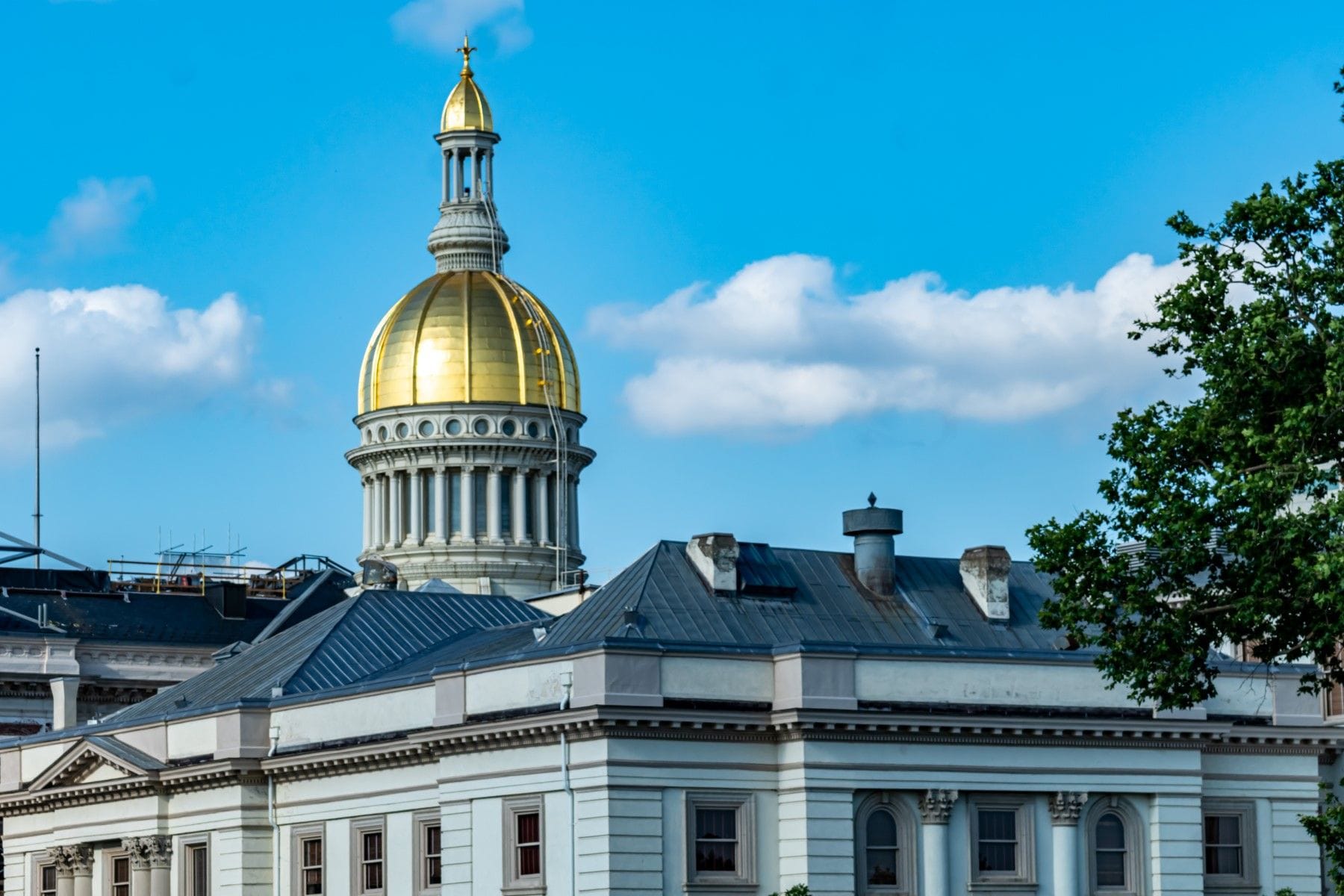Expert Witness Compensation Rules in New Jersey
New Jersey's expert witness compensation rules ensure fairness, transparency, and proper disclosure of fees to maintain judicial integrity in legal proceedings.
Updated on
In this article
What Are the Rules Governing Expert Witness Compensation in New Jersey?
In New Jersey, the rules governing expert witness compensation are structured to ensure fairness and transparency in legal proceedings. These rules are primarily regulated by the New Jersey Rules of Court Part IV Civil Practice and various statutes that provide a framework for how expert witnesses are to be compensated for their services in legal cases. Understanding these rules is essential for attorneys and legal professionals who engage expert witnesses in their cases.
Fee Provisions in New Jersey Rules of Civil Procedure
The New Jersey Rules of Civil Procedure provide a framework for expert witness compensation through Rule 4:10-2(d)(1). This rule permits the deposition or trial testimony of expert witnesses and requires the party seeking that testimony to pay a reasonable fee. This provision ensures that experts are compensated for the time they spend preparing for and participating in litigation.
While the rules do not precisely define “reasonable fee,” courts typically evaluate it based on:
- The expert’s field and credentials
- The complexity of the issues involved
- Prevailing market rates for similar expert services
This flexibility allows parties to tailor compensation to the specifics of the case while ensuring fairness and avoiding undue financial influence on testimony.
New Jersey’s Ban on Contingent Fees for Medical Experts
What makes New Jersey stand out is its explicit statutory prohibition on contingency fee arrangements for medical experts. Under N.J.S.A. 45:9-27.8, physicians, surgeons, and similar licensed professionals are not permitted to accept compensation on a contingency basis when offering services related to legal proceedings.
This law prohibits medical professionals from tying their compensation to the outcome of a case—a practice considered unethical and potentially compromising to an expert's objectivity. While most states rely on professional conduct rules to discourage such arrangements, New Jersey codifies this prohibition into law, reflecting a strong policy against outcome-based compensation for medical testimony.
By enforcing both flexible standards for reasonableness and strict limits on contingent pay structures, New Jersey ensures that expert witness compensation remains fair, transparent, and ethically sound.
Disclosure Requirements for Expert Witness Fees in New Jersey
New Jersey mandates clear disclosure of expert witness fees to prevent disputes and ensure transparency. Under Rule 4:10-2(d)(1), parties are required to disclose the compensation arrangements for expert witnesses during discovery. This disclosure includes the hourly rates, retainer fees, and any other financial arrangements pertaining to the expert's testimony.
The disclosure of expert fees helps maintain the integrity of the judicial process by ensuring that compensation does not influence the expert's testimony. It also allows opposing counsel to assess the potential biases and credibility of the expert witness. Failure to disclose such arrangements can result in the exclusion of the expert's testimony or other sanctions.
Understanding New Jersey Code §2A:84A-1: Payment Guidelines for Expert Witnesses
New Jersey Code §2A:84A-1 provides additional guidelines concerning the payment of expert witnesses. This statute underscores the importance of reasonable compensation, emphasizing that fees should be commensurate with the services rendered. The statute provides a legal basis for challenging excessive fees and ensuring that compensation is fair and justifiable.
In practice, the determination of what constitutes a reasonable fee often involves negotiations between the hiring party and the expert witness. Courts may intervene if there is a dispute, considering factors such as the nature of the expert's testimony, the market rate for similar services, and the complexity of the issues involved.
Practical Tips for Structuring Expert Witness Fee Agreements in New Jersey
When engaging expert witnesses in New Jersey, it is crucial to structure fee agreements clearly and fairly. Here are some practical tips to consider when drafting these agreements:
- Define the Scope of Work: Clearly outline the specific services the expert will provide, including consulting, report writing, and testimony. This helps prevent misunderstandings regarding the expert's responsibilities.
- Establish a Fee Structure: Specify whether the expert will be compensated on an hourly basis, a flat fee, or a retainer. Make sure the fee structure aligns with industry standards and reflects the expert’s qualifications.
- Include Payment Terms: Clearly state the payment schedule, including any upfront retainer fees, due dates for payments, and terms for additional expenses incurred during the engagement.
- Address Additional Costs: Specify how expenses such as travel, lodging, and materials will be handled. Consider whether these costs will be reimbursed separately or included in the expert's fee.
- Incorporate Cancellation Policies: Include terms regarding cancellation or rescheduling of services, including any fees that may apply if the engagement is terminated early.
- Ensure Transparency: Encourage open communication about fees and any potential adjustments as the case progresses. This transparency can build trust between the attorney and expert.
- Review and Revise: Regularly review the fee agreement as the case evolves to ensure it remains fair and relevant to the services being provided. Be open to renegotiation if necessary.


